Informal Work and the Social Function of the City: A Framework for Legal Reform in the Urban Environment 2018
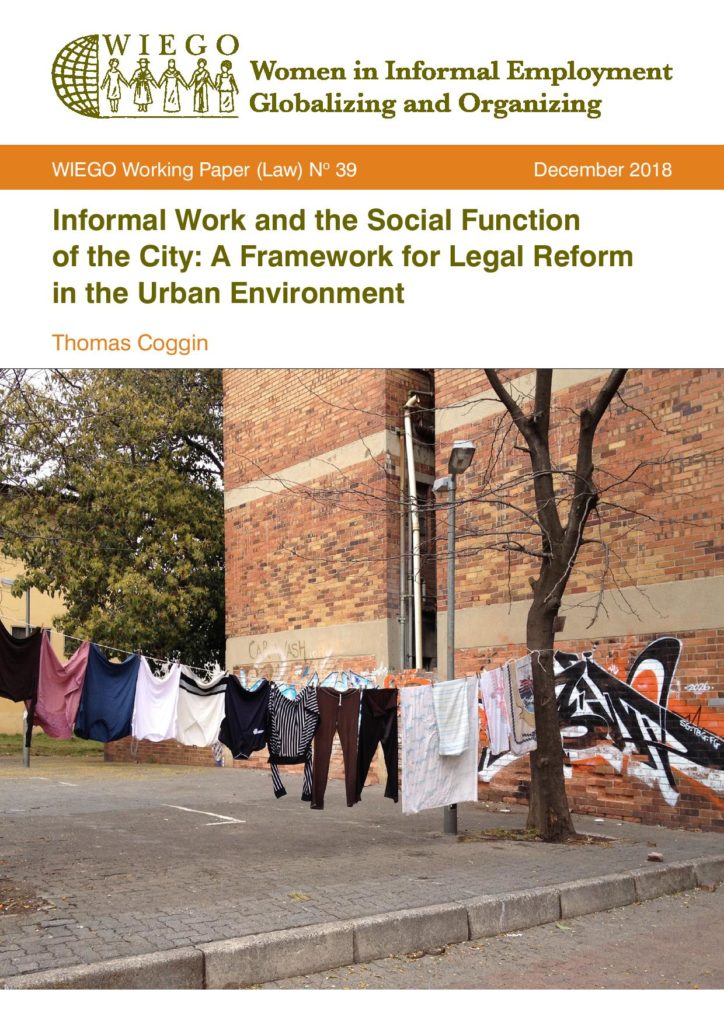
Urban environments are increasingly characterized by glaring wealth inequality. Slums and informal settlements exist within and around islands of comparative wealth and poverty, and large swathes of an urban population service a wealthier population in exchange for little compensation, and generally poor social and legal protections. Major implications of these urban challenges include tenuous urban […]
Ten Acts for the Global Compact: A civil society vision for a transformative agenda for human mobility, migration and development
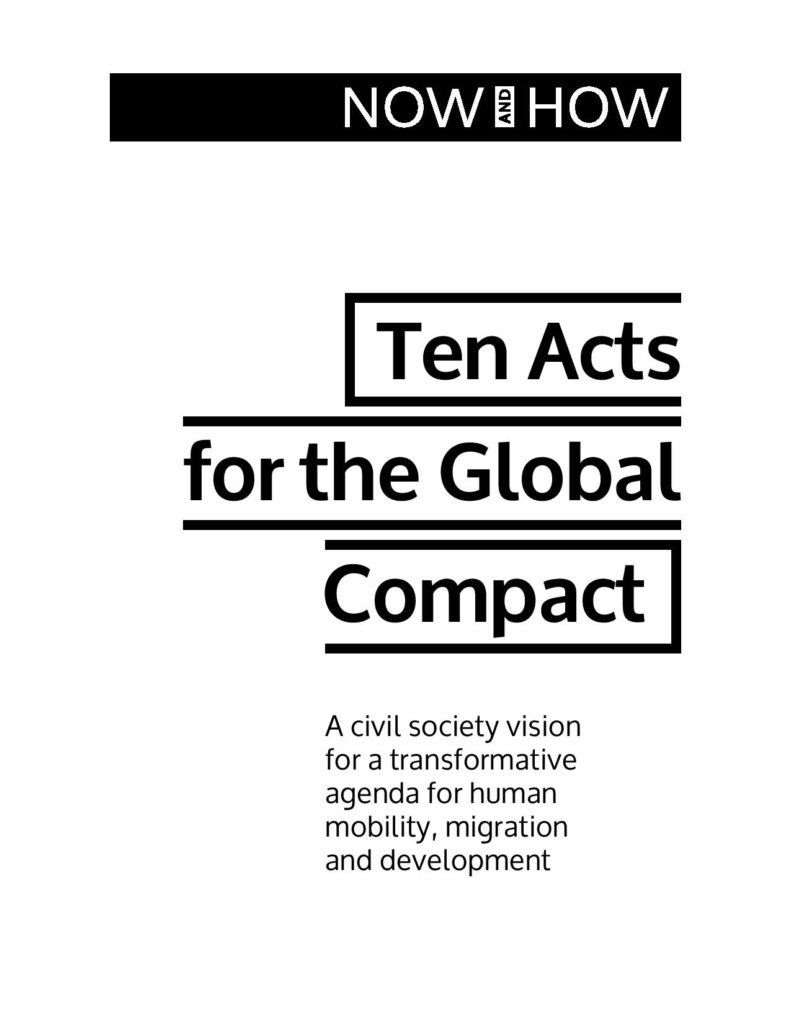
Human mobility and migration that is safe, by choice and with human and labor rights is an opportunity for human development, as well as an increasing and normal part of our connected world and shared humanity. Sadly, the undersigned civil society, migrant and refugee organizations daily witness first hand a different reality. Too many migrants […]
CHILD MARRIAGE IN HUMANITARIAN SETTINGS
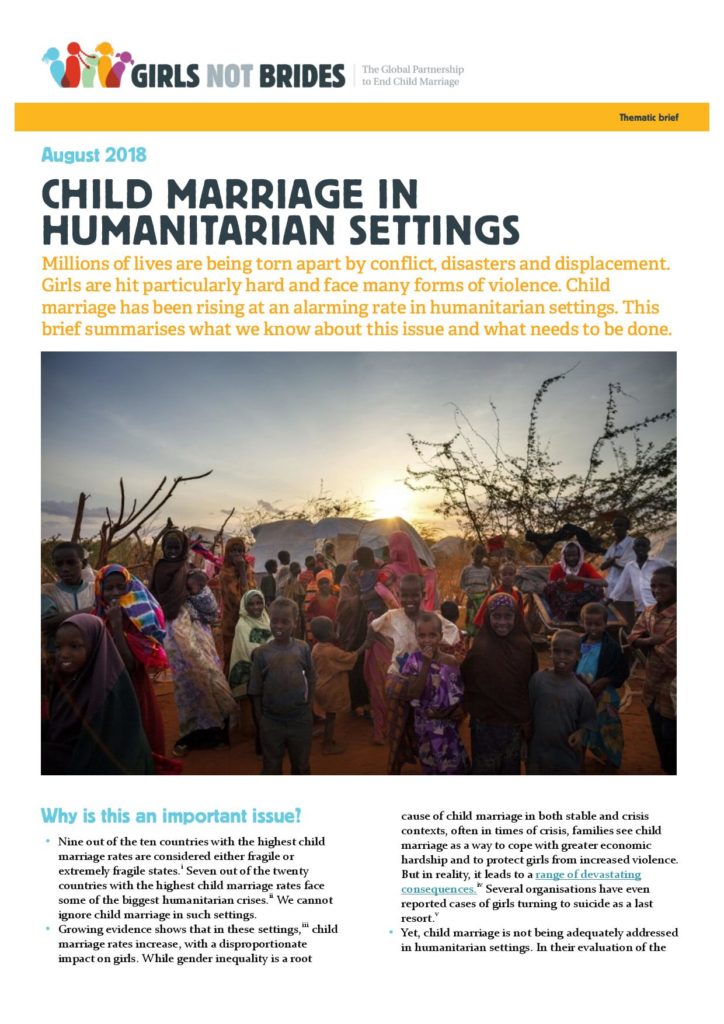
Millions of lives are being torn apart by conflict, disasters and displacement. Girls are hit particularly hard and face many forms of violence. Child marriage has been rising at an alarming rate in humanitarian settings. This brief summarises what we know about this issue and what needs to be done. [gview file=”http://afakneswiah.org/wp-content/uploads/2020/04/Child-marriage-in-humanitarian-settings.pdf”]
WWP EN Child Protection Policy
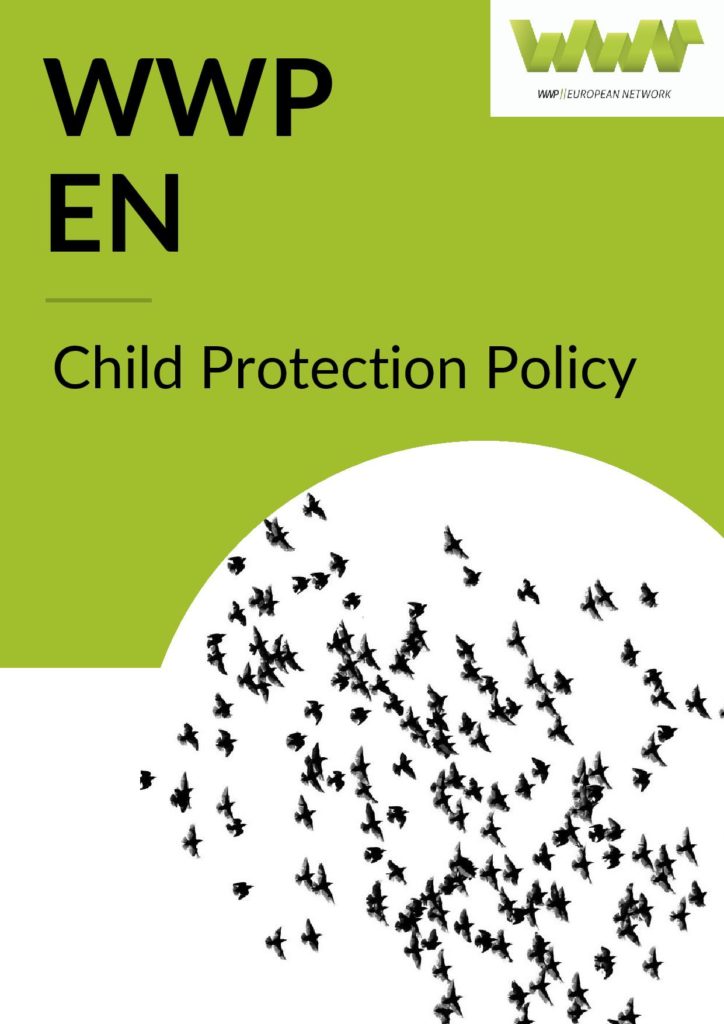
WWP EN’s mission is to prevent violence in close relationships as a gender-based phenomenon and to foster gender equality. The network’s main objective is to improve the safety of women and their children and others at risk from violence in close relationships through the promotion of effective work with those who perpetrate this violence, mainly […]
WHAT WILL IT TAKE? PROMOTING CULTURAL CHANGE TO END SEXUAL HARASSMENT
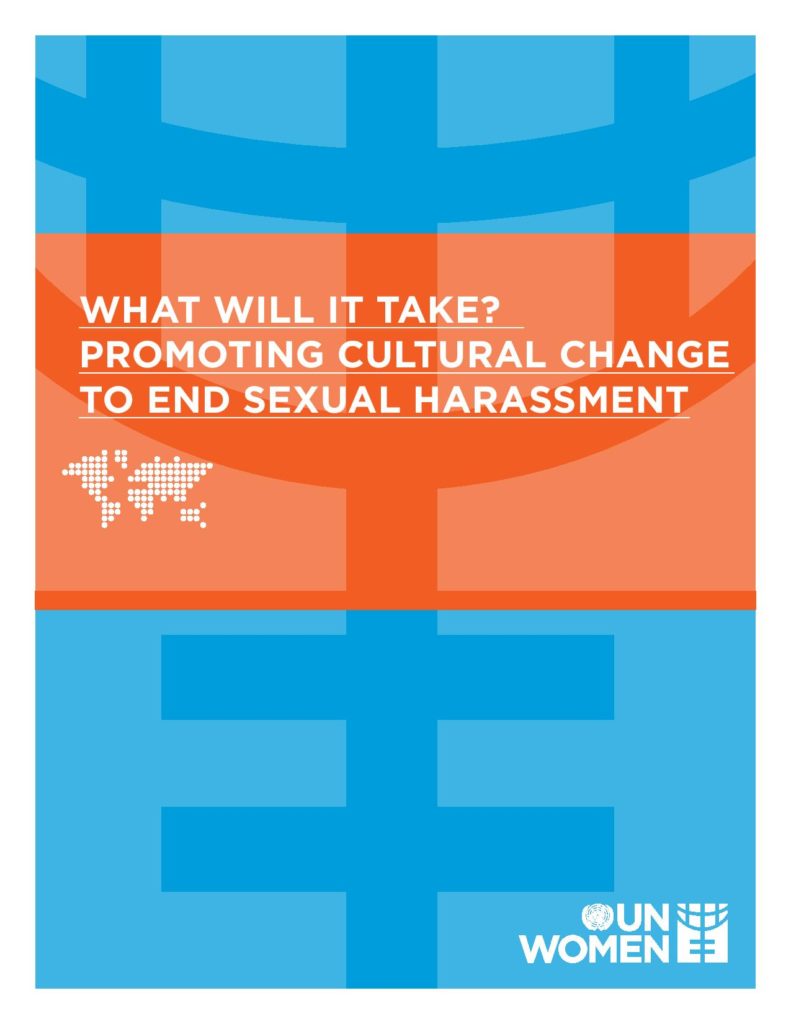
This publication aims to support efforts towards ending sexual harassment including by employers, workers, advocates, university leaders, academics, NGOs, students, policy makers, trade unions and staff associations and politicians. It draws on global experiences and knowledge to offer guidance, practical advice and support to those who are invested in lasting and deep change, in line […]
The Rights of Older Persons in the Global Compact on Refugees
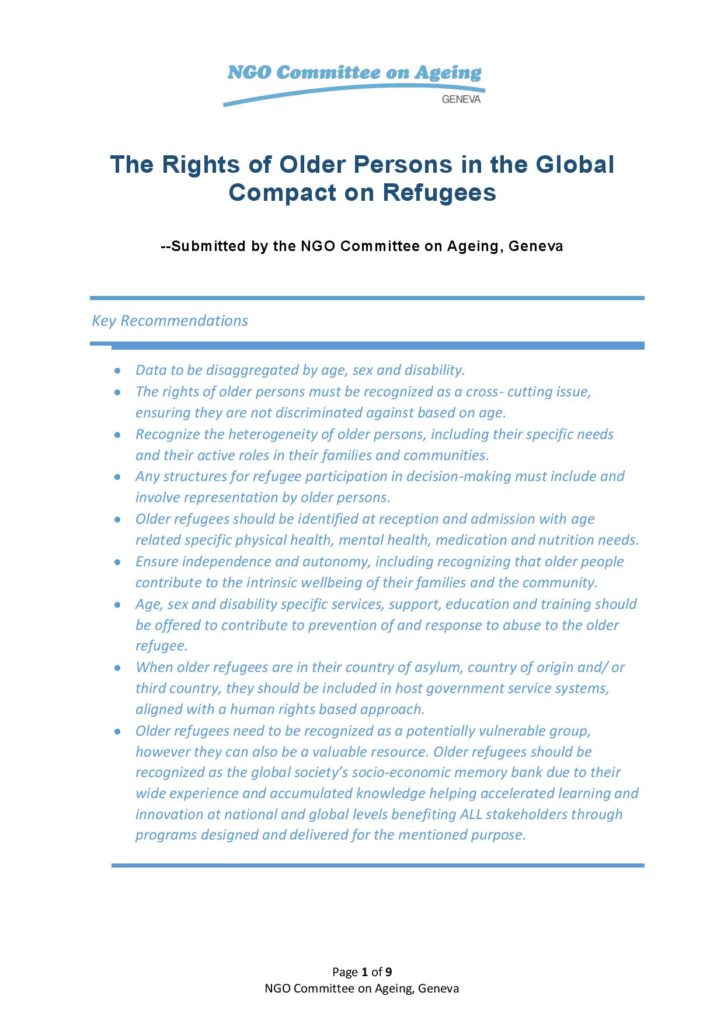
[gview file=”http://afakneswiah.org/wp-content/uploads/2020/03/Rights-of-older-refugees-written-contribution-final-1.pdf”]
A QUANTUM LEAP FOR GENDER EQUALITY: For a Better Future of Work For All
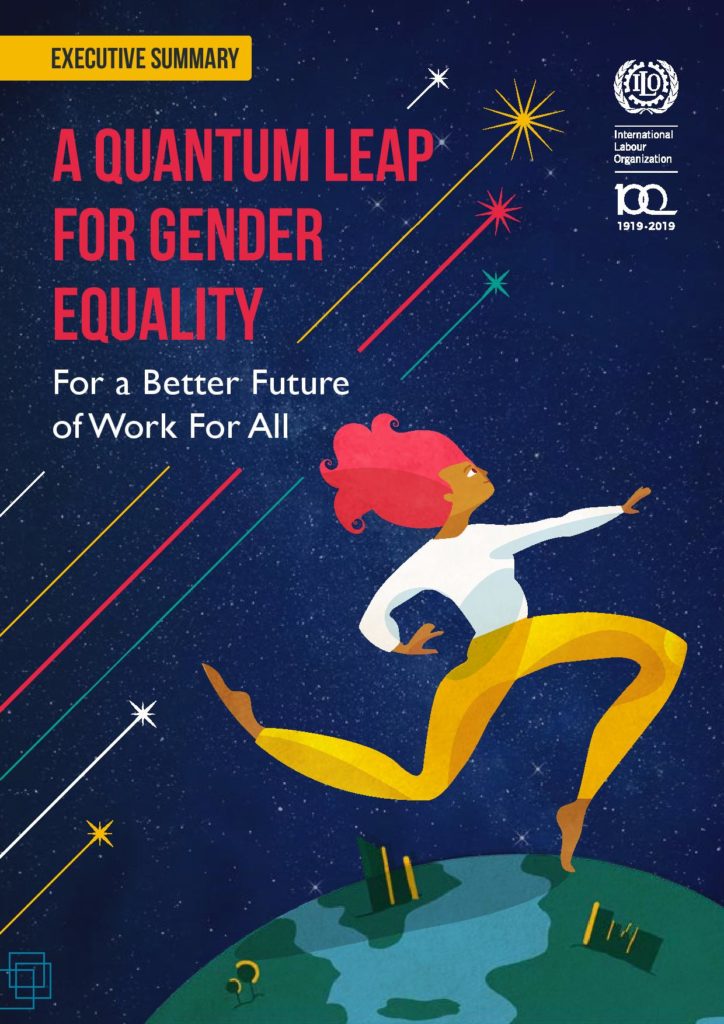
Progress in closing gender gaps has stalled, and in some cases is reversing. The gender gaps with respect to key labour market indicators have not narrowed in any meaningful way for over 20 years. This situation should give rise to concern. Unless the present trajectory is changed, unless policy choices are made that put gender […]
DEVELOPMENT AS DIGNITY: Frontline Stories from Development Experts in the Global South
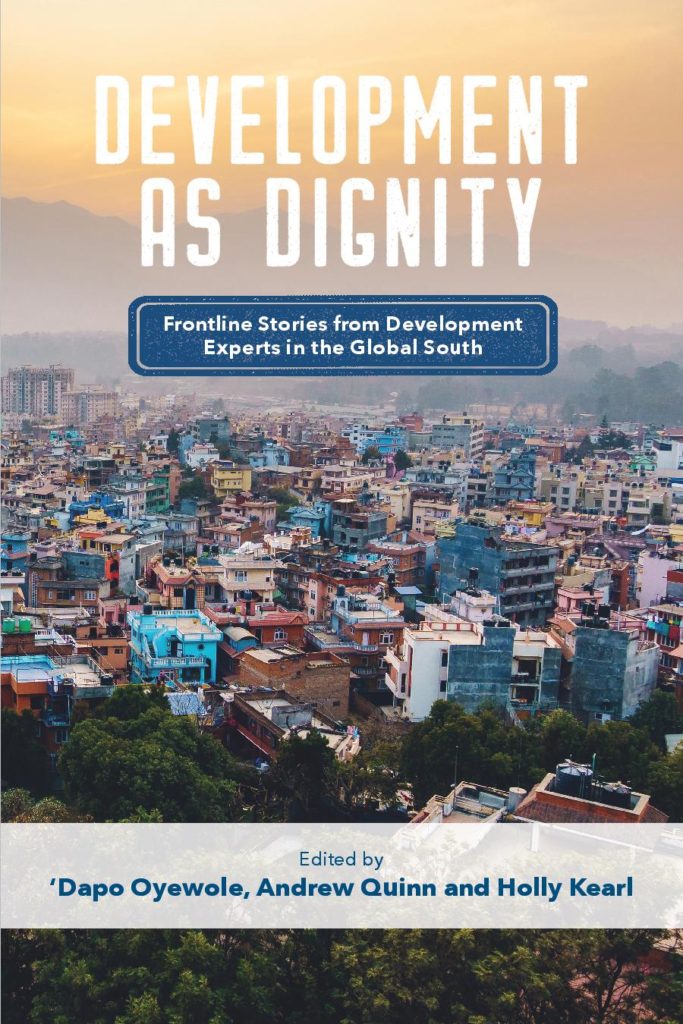
The Aspen Institute’s Global Innovators Group launched the New Voices Fellowship in 2013 to begin rebalancing the conversation. We believe that expert voices from the developing world must drive the public discussion of global development priorities, and that their stories will guide us all into the future. This collection gathers some of those stories. […]
Women’s Economic Empowerment in Selected MENA Countries: KEY FINDINGS
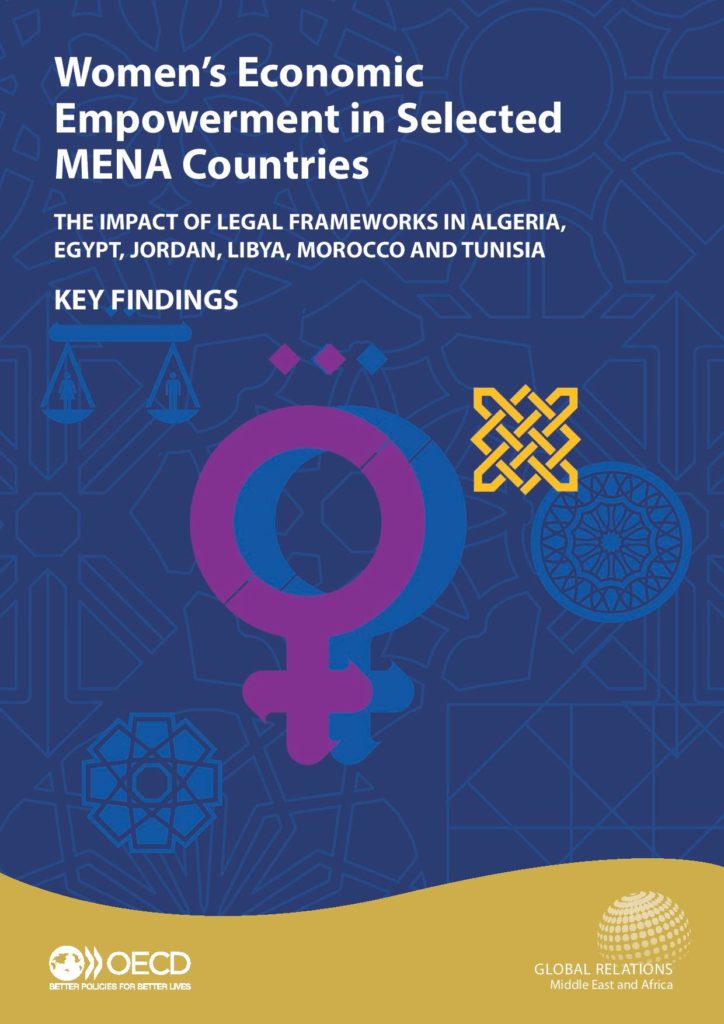
THE IMPACT OF LEGAL FRAMEWORKS IN ALGERIA, EGYPT, JORDAN, LIBYA, MOROCCO AND TUNISIA [gview file=”http://afakneswiah.org/wp-content/uploads/2020/01/Brochure-WEEF-EN-1.pdf”]
WHO Consolidated Guideline on Self-Care Interventions for Health
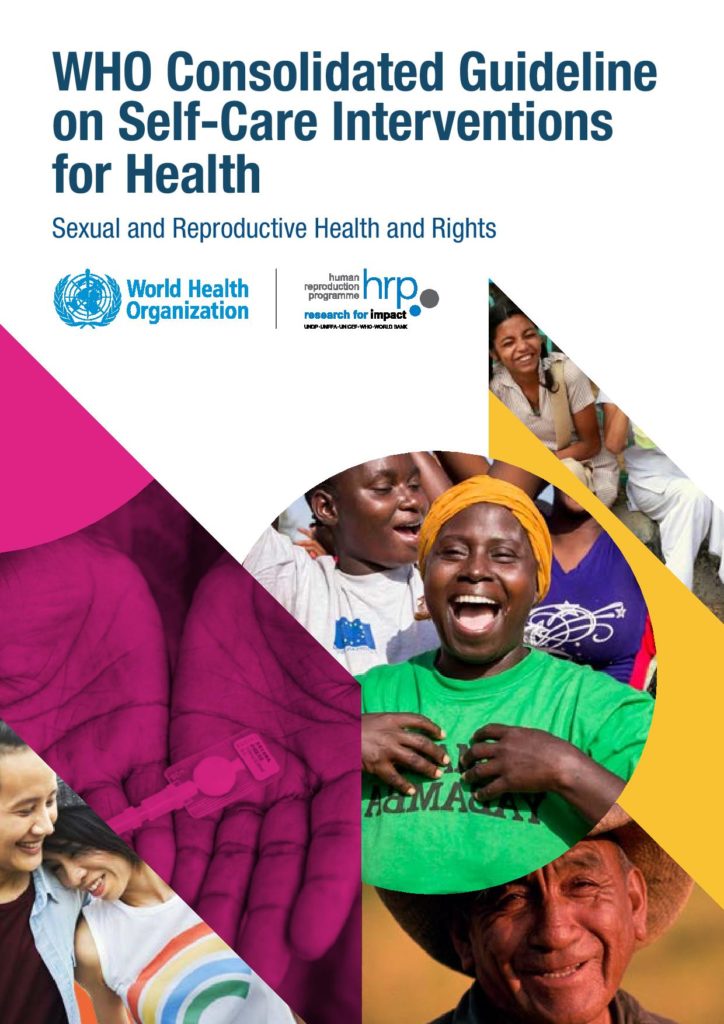
Self-care interventions are among the most promising and exciting new approaches to improve health and well-being, both from a health systems perspective and for people who use these interventions. The World Health Organization (WHO) uses the following working definition of self-care: Self-care is the ability of individuals, families and communities to promote health, prevent disease, […]
